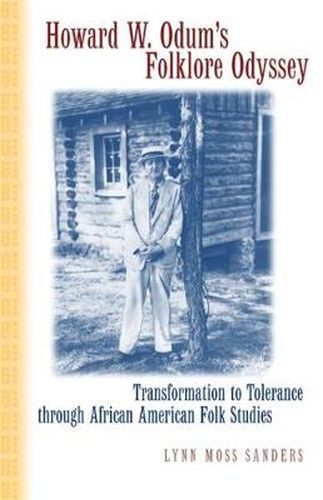Howard W. Odum (1884-1954), the pioneering social scientist and founder of the University of North Carolina’s department of sociology, played a leading and well-documented role in the modernization of the South. This is the first book-length study of Odum’s contributions to southern folklore, which had important but largely unappreciated consequences for his legacy of social justice. Lynn Moss Sanders shows how Odum, as a collector of African American blues and work songs, anticipated some important precepts of modern folklore. Notably, Odum perceived the benefits of a collaborative and nonhierarchical approach to folk studies. Influenced by a racially tolerant former student and by one of his black folk informants, Odum changed his previous paternal, segregationist attitudes about race. Comparing Odum’s two song collections, The Negro and His Songs (1925) and Negro Workaday Songs (1926), Sanders links the growing influence of Odum’s coauthor and former student, Guy Johnson, to a decrease in instances of racial condescension between the first and second book. The three folk novels in Odum’s Black Ulysses trilogy (completed in 1931) also reveal a progressive refinement of Odum’s racial views. The change, Sanders believes, came with Odum’s growing ability to see John Wesley Left-Wing Gordon, the black, working-class model for the trilogy’s hero, as a friend rather than simply as a representative of the Negro. From his authorship of Social and Mental Traits of the Negro (1910), now a relic of scientific racism, to his final publication, Agenda for Integration, Odum exemplifies how the study of folklore changed the folklorist–a change felt by a whole generation of southern liberals whose work Odum encouraged and shaped.
Read More





